How useful are probiotics for our immune system?
In recent years, probiotics have gained popularity due to their multiple health benefits. Among their many benefits, one of the most discussed is their impact on the immune system . But can probiotics really help improve our defenses? In this article, we will explore how probiotics influence our immune health and what scientific evidence supports these claims.
What are probiotics?
Probiotics are live microorganisms that, when consumed in adequate amounts, provide health benefits to the host. Generally, these microorganisms are bacteria and yeasts that are part of the intestinal microbiota .
General benefits
Probiotics not only improve digestion and gut health , but may also influence other aspects of health, such as immunity and metabolic function .
Your immune system is full of interesting facts that you should know about. Learn more by reading the following article about how stress affects the immune system.
The immune system and probiotics
The immune system is the body's defense against infections and diseases. Probiotics can interact with the immune system through several mechanisms.
Interaction with the intestinal microbiota
The intestinal microbiota plays a crucial role in regulating the immune system . Probiotics can help maintain a healthy balance in the microbiota, which in turn strengthens the body's defenses.
Stimulation of natural defenses
Some studies suggest that probiotics may stimulate antibody production and increase the activity of immune cells, such as lymphocytes and macrophages.
Scientific evidence of probiotics
Research on probiotics and the immune system has shown promising results.
Human studies
Several studies have shown that consuming probiotics can reduce the duration and severity of respiratory and gastrointestinal infections.
Animal studies
In animal models, probiotics have shown the ability to enhance immune response and protect against various infections.
This might interest you: Immune system, weak or excessive?
Probiotics and specific diseases
Colds and flu
Regular consumption of probiotics has been shown to reduce the incidence and duration of colds and flu in several clinical studies.
Gastrointestinal diseases
Probiotics may also be effective in preventing and treating gastrointestinal diseases, such as infectious diarrhea and irritable bowel syndrome.
How to consume probiotics
Fermented foods
Fermented foods, such as yogurt, kefir, sauerkraut, and kimchi, are natural sources of probiotics .
Supplements
Probiotic supplements are available in capsule, tablet, and powder form. It is important to choose quality products that contain research-backed probiotic strains.
Tips for choosing probiotics
Specific strains
Not all probiotics are created equal. Some strains are more effective for certain health benefits than others. Research which strains are right for your specific needs.
Number of microorganisms
Choose products that provide an adequate amount of live microorganisms, usually expressed in CFU (colony forming units).
Probiotics can play a significant role in improving immune health by interacting with the gut microbiota and stimulating the body’s natural defenses. Incorporating probiotics through fermented foods or supplements can be an effective way to strengthen your immune system and improve your overall health. However, it is always advisable to consult with a healthcare professional before starting any new supplement .
We recommend that you read the following article to learn more about the immune system.
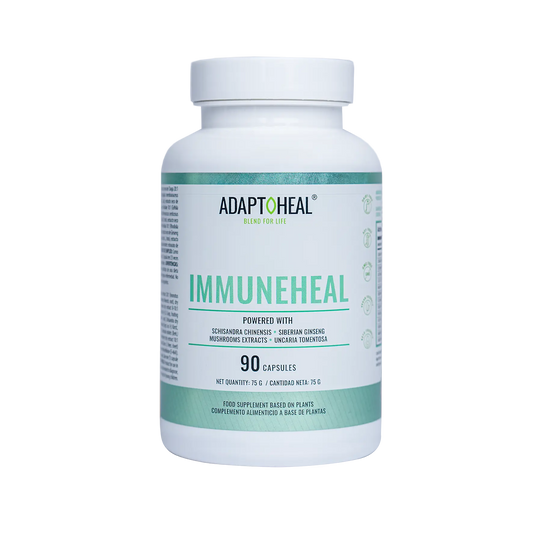
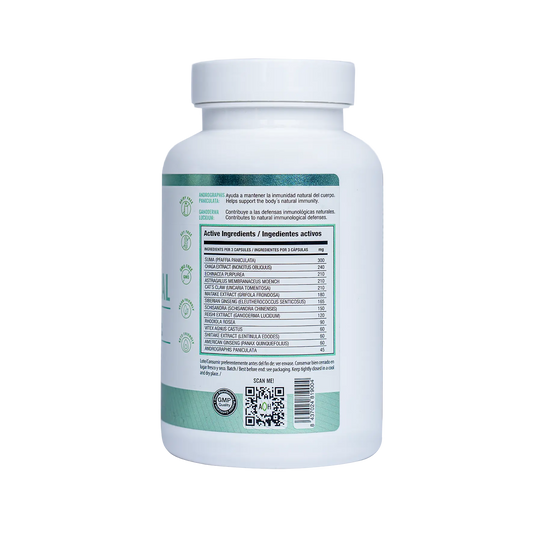
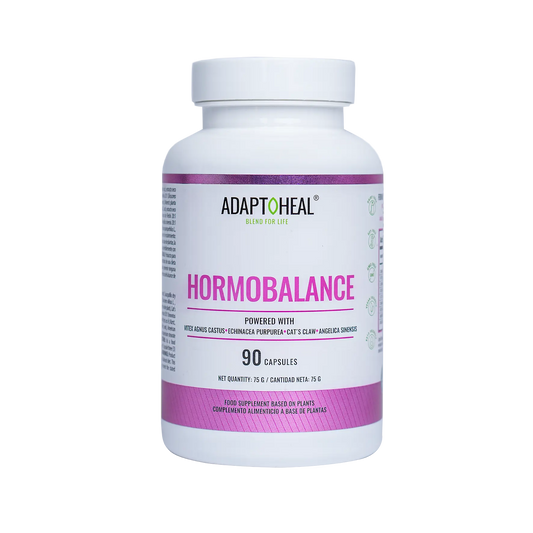
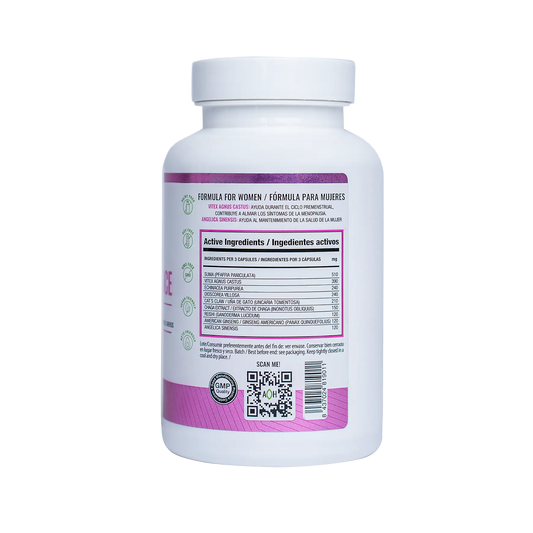

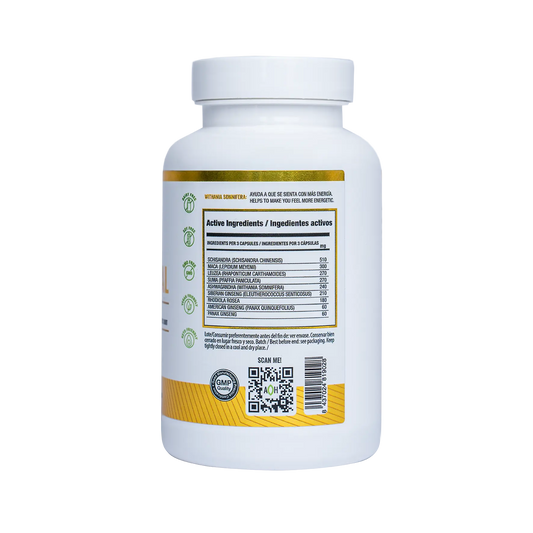
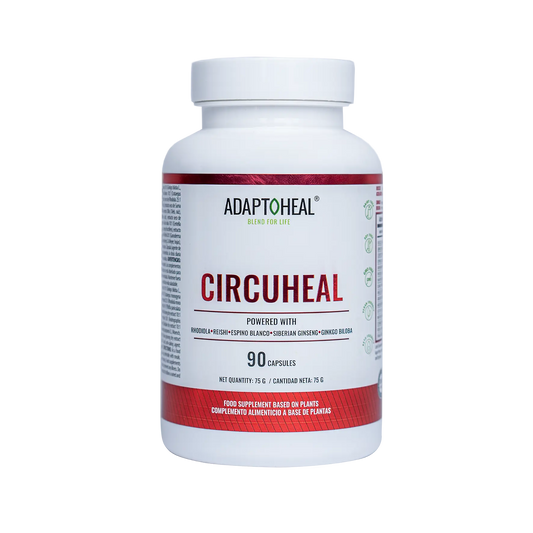
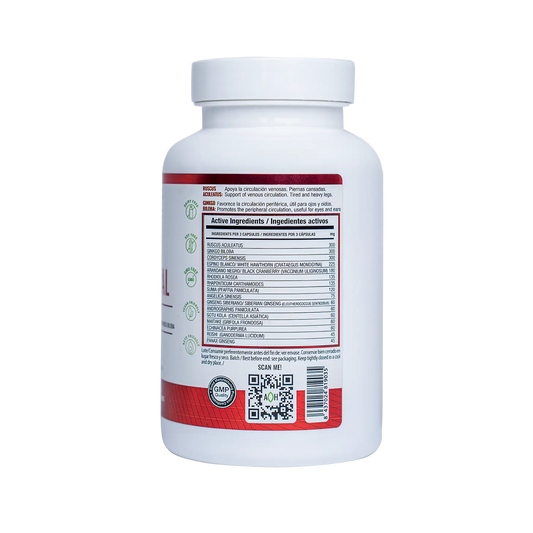
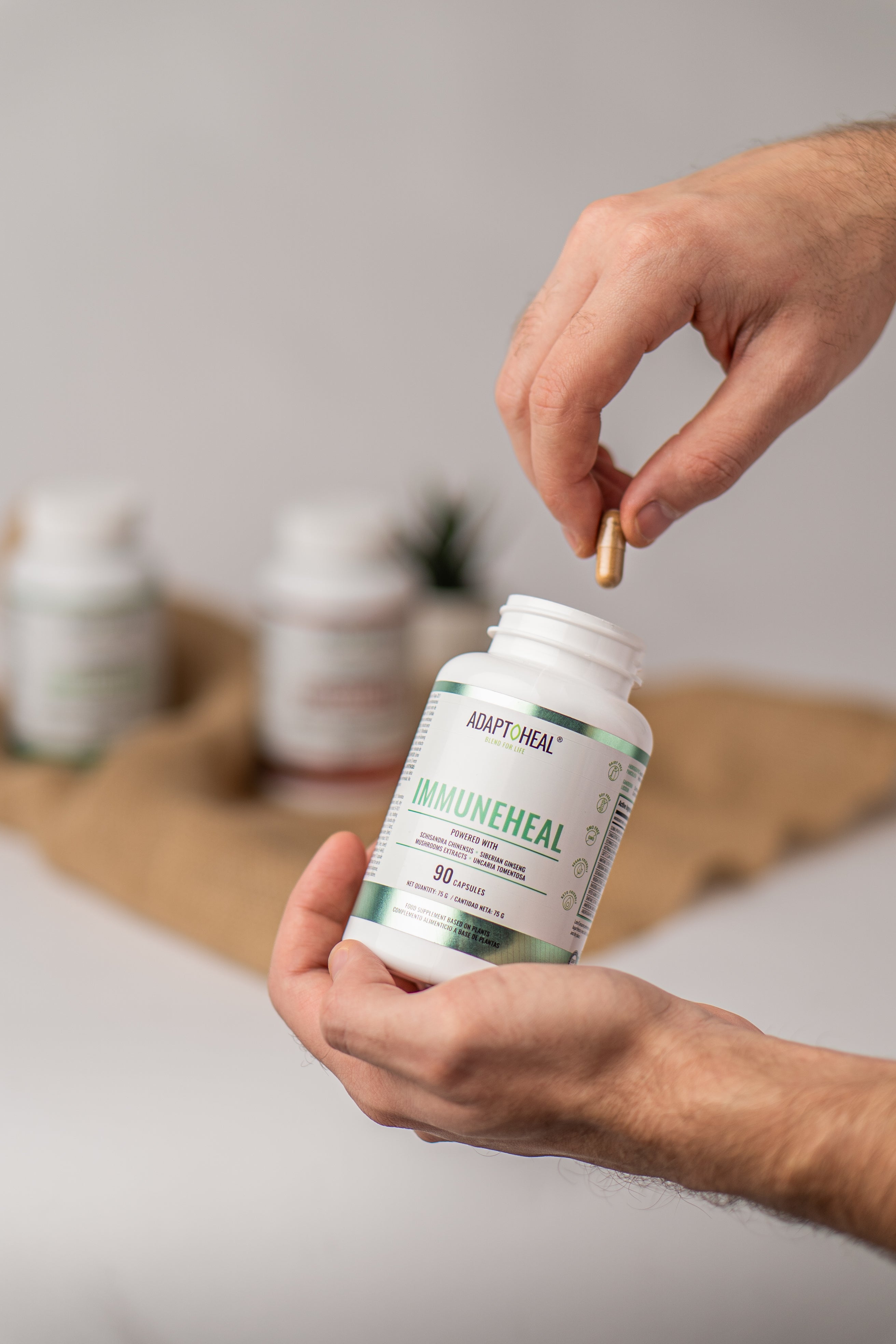
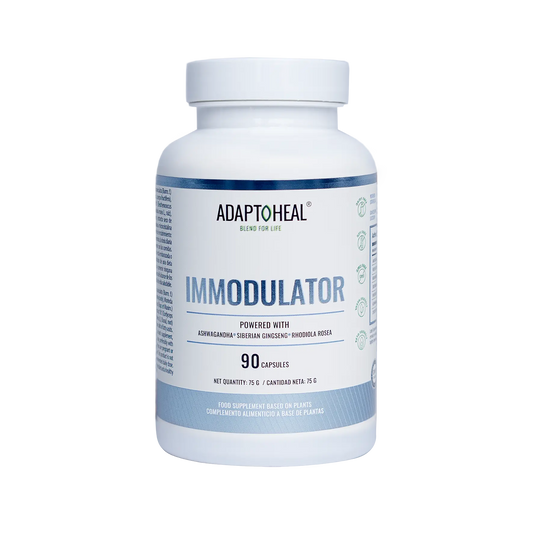
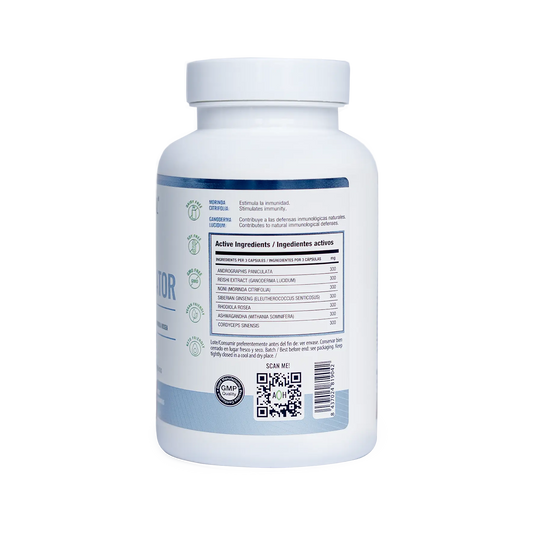
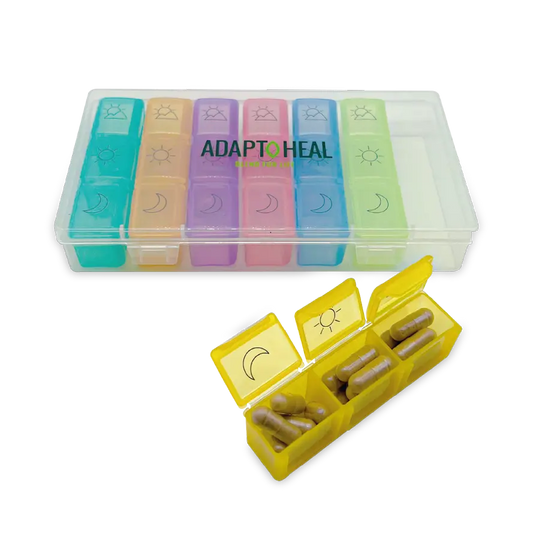
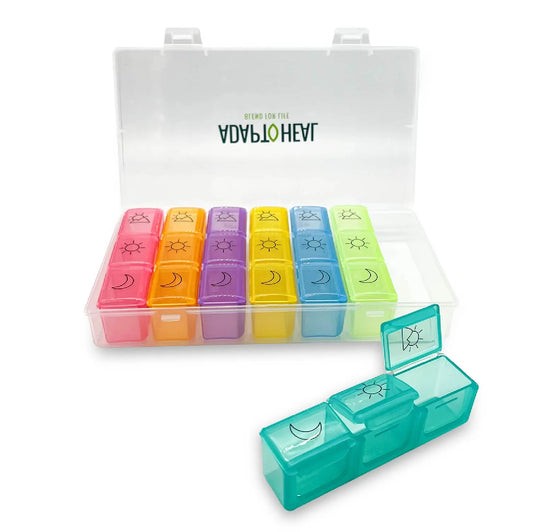
Leave a comment